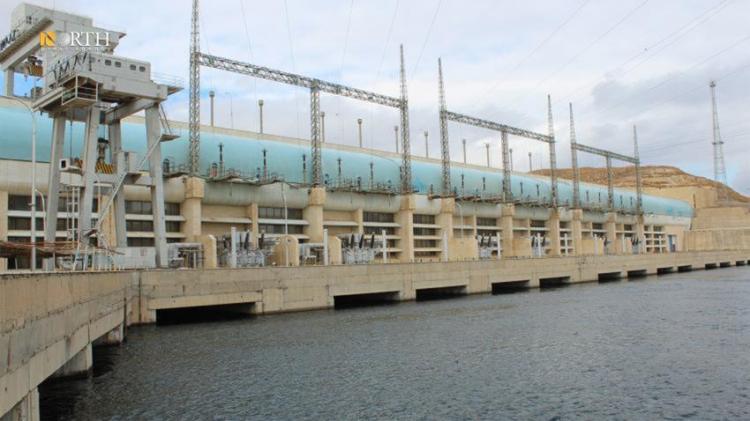The Energy and Communications Office in the Jazira region in northeastern Syria said, on Sunday, that the amount of water import from the Turkish side through the Euphrates reached 100 m3/s on Sunday.
The office added, in a post on its Facebook page, that the water supply from the Turkish side began to decrease from mid-October until now, describing it as “almost non-existent.”
Turkey limits Euphrates water flow into Syria, depriving hundreds of usable waters. Turkey reduced the flow of water from the Euphrates River into northeast Syria’s dam for a period of two months since the beginning of May, gradually reducing the amount of water received in early June to unprecedented levels.
After that, the administration of the Tishreen Dam, the largest hydroelectric station in Syria, warned, at the beginning of this week, of Turkey’s continued confinement of the water of the Euphrates River within its territory, which would negatively affect the economy of society and general food security, and provide drinking water to the citizen.
Autonomous Administration in North and East Syria (AANES) called on the United Nations, the Syrian, and Iraqi governments to “put pressure on Turkey, regarding the clear violation of international charters and laws, towards dealing with regional waters.”
International agreements acknowledge that the amount of water supplies to the Syrian side should not be less than 500 m3/s, but Turkey has reduced the Syrian share of the Euphrates water on several occasions during the past years.
Civil and human rights organizations have previously accused Turkey of weaponing water and electricity against Syria’s Autonomous Administration areas.
Energy and Communications Office in the Jazira region announced last Tuesday that there is a 25 percent reduction in the generation of electrical dams.
The office added that the eviction rates increased on the lines feeding the neighborhoods and villages transformers by more than 50 percent.
[Jazira] relies mainly on the Swediyah station in the countryside of Derik and the quantities of electricity received from the Euphrates Dam, located near the city of Tabqa in northeastern Syria.

